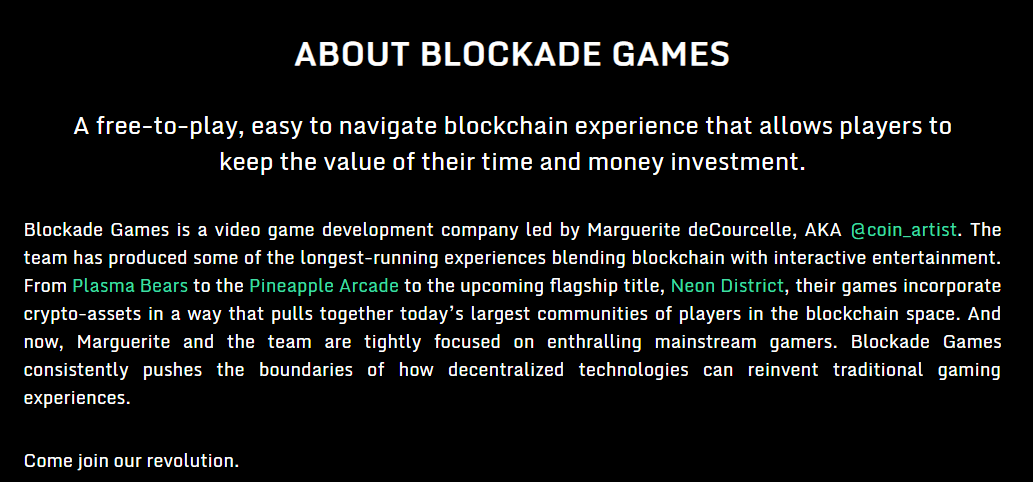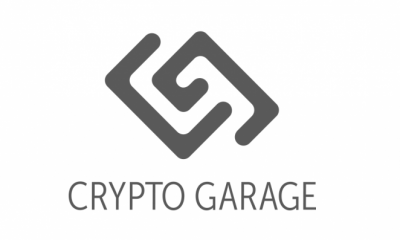Lightning Network
How Blockade Games Plans to Change Gaming Forever

The world of blockchain-based gaming appears ready to make a significant leap in capabilities thanks to the creative minds at Blockade Games. On July 31st, the company released a statement in which it documented how it successfully utilized Bitcoin sent from the Lightning Network to initiate an Ethereum smart contract. The move showcases the growing interoperability of cryptocurrencies as the market develops.
Two Sides of the Same Coin
In a Medium post, Blockade Games CTO Ben Heidon described how Bitcoin and Ethereum can be looked at as “two sides of the same coin.” He believes that in order for crypto to weather the storm of naysayers, more projects will become interwoven. Given Blockade Games latest strategy, he could be right.
Blockade Games – A New Strategy
Blockade Games plans to revolutionize the role-playing game with their latest release – Neon District. The game enables players to earn, transact, and save Bitcoin as they journey throughout the digital landscape. Basically, imagine that you earned Bitcoin for all the time you spent playing video games.

Blockade Games via Homepage
Low-Cost Transactions
As part of the strategy, the Lightning Network allows users to instantly send and receive Bitcoin microtransactions throughout the game. The Lightning Network is a second layer protocol which greatly reduces the cost of sending Bitcoin. Blockade Games sees this ability as a critical part of its strategy because gamers will need to interact with each other seamlessly in the digital landscape in order to create a more immersive atmosphere.
Ethereum Network Capabilities
Heidon also took a moment to explain Ethereum's role in the game. According to his post, Ethereum's smart contract capabilities are another key component of the firm’s new gaming platform. Ethereum's network capabilities allow for easy programming of smart contracts.
Heidon described why Ethereum is the perfect network for gaming. He explained that because ETH is a non-fungible asset, it can be used to represent a host of items in the virtual world. Non-fungible assets are assets that are unique in nature. Bitcoin, on the other hand, is fungible.
Basically, any Bitcoin can be exchanged for another Bitcoin without any differences in value. While this is good for currency, it limits the ability of the Bitcoin to represent unique items in a virtual environment.
Successful Tests
Blockade Games tested their new theory using the Rinkeby testnet this month. Following a string of successful tests, the company is now ready to roll out its protocol to the mainnet in the coming weeks. Additionally, the firm plans to make the coding open source once it’s complete.
Blockade Games Bridges the Gaps
Blockade Games has found a unique strategy that could propel decentralized gaming to the next level. Gamers are certain to appreciate the ability to earn Bitcoin, combined with the functionality of Ethereum's smart contracts. You can expect to see more integration of these two cryptos as the world of decentralized gaming expands in the coming months.











